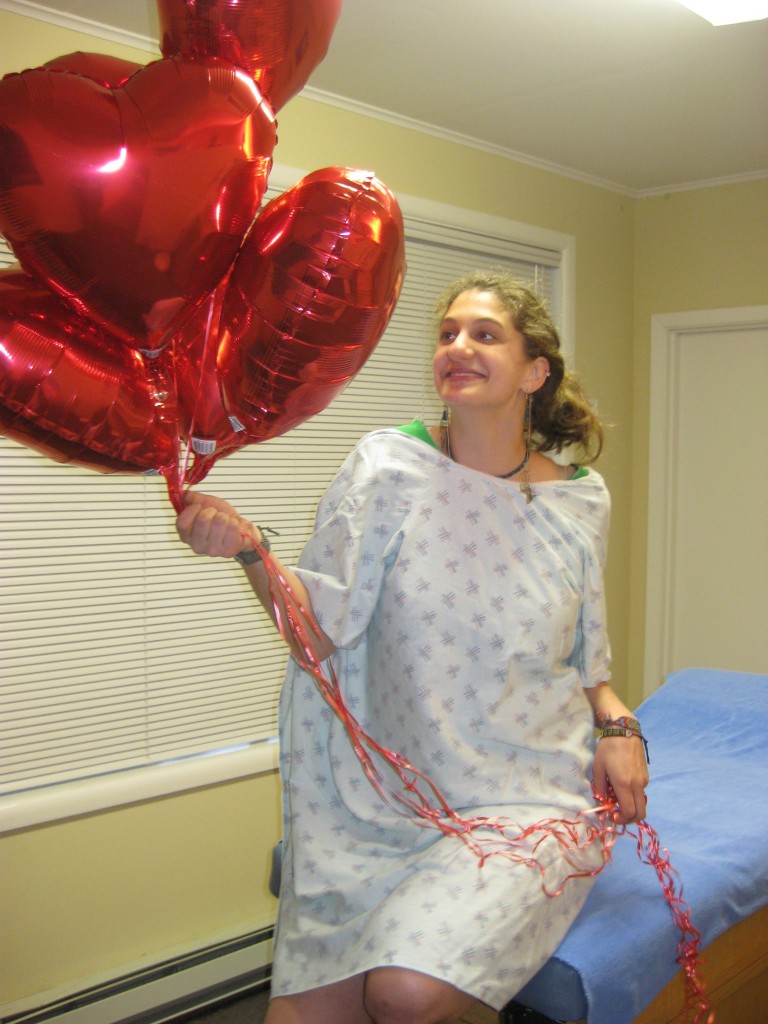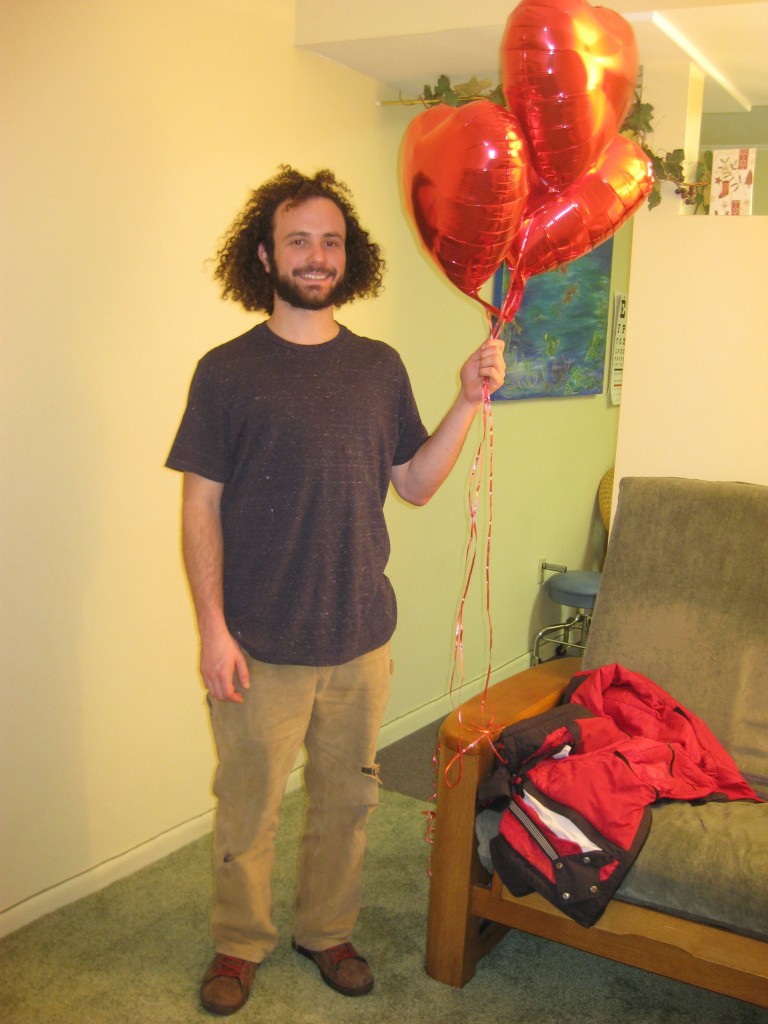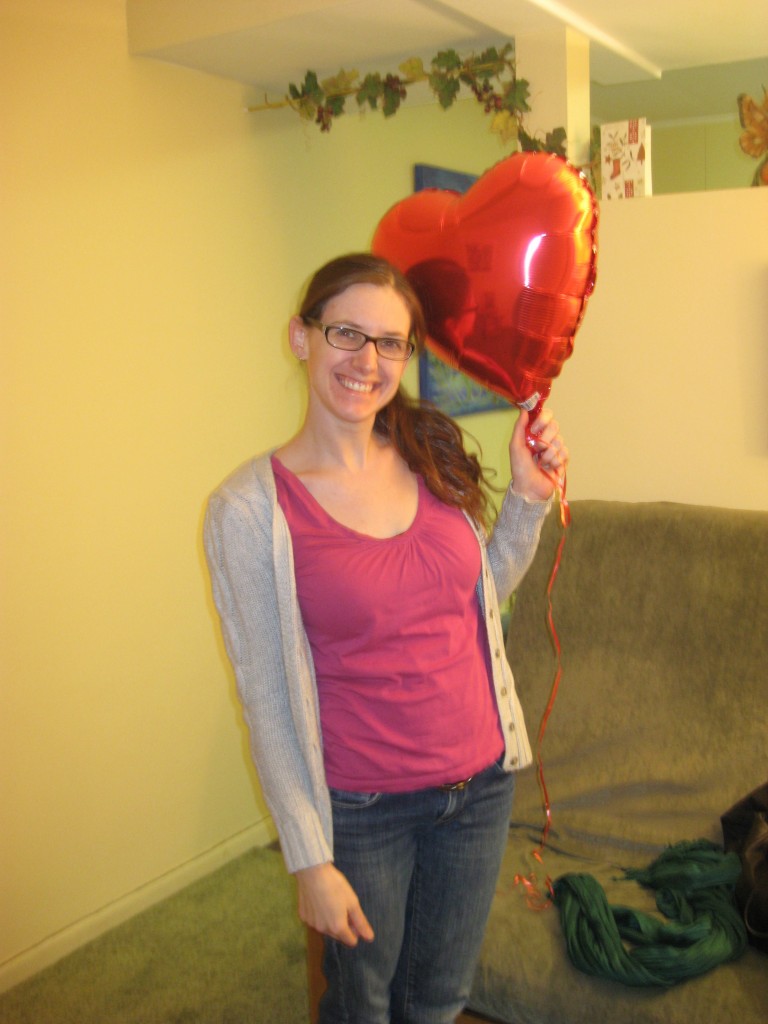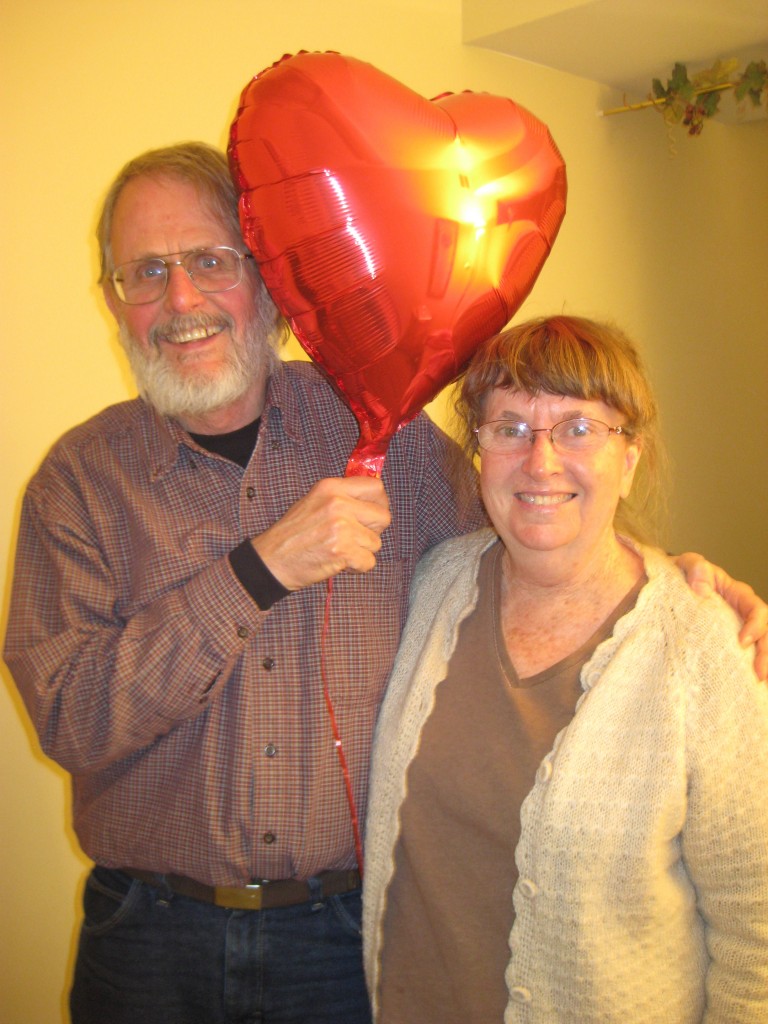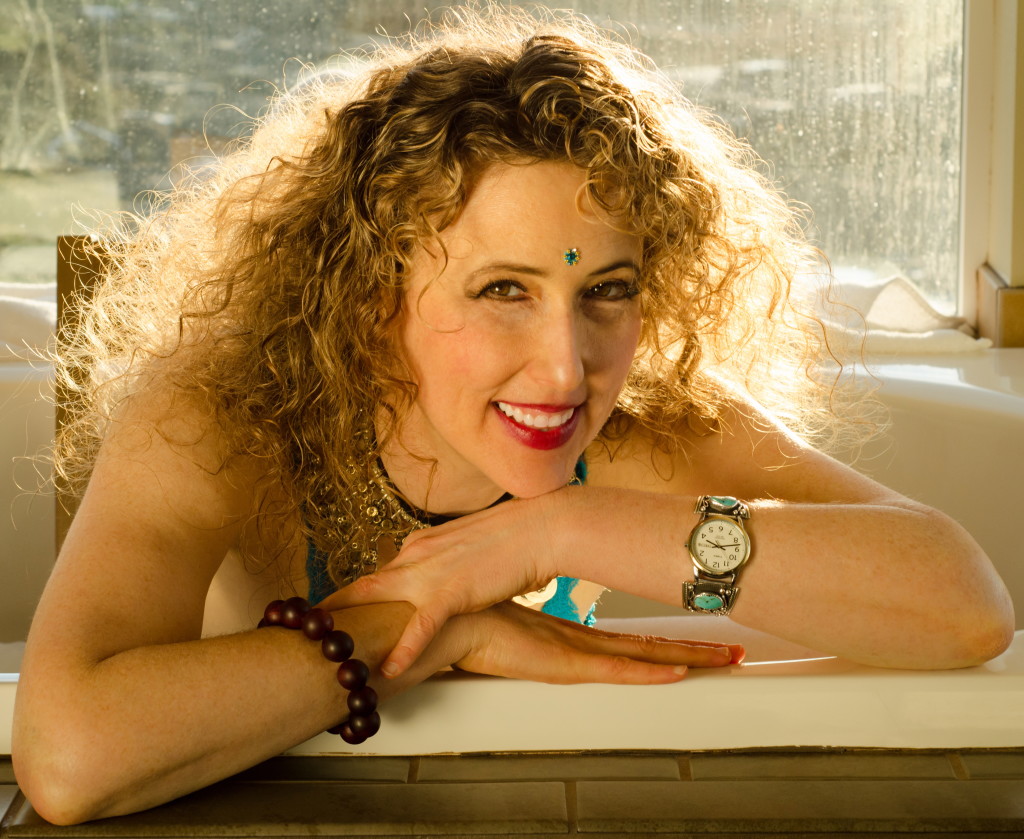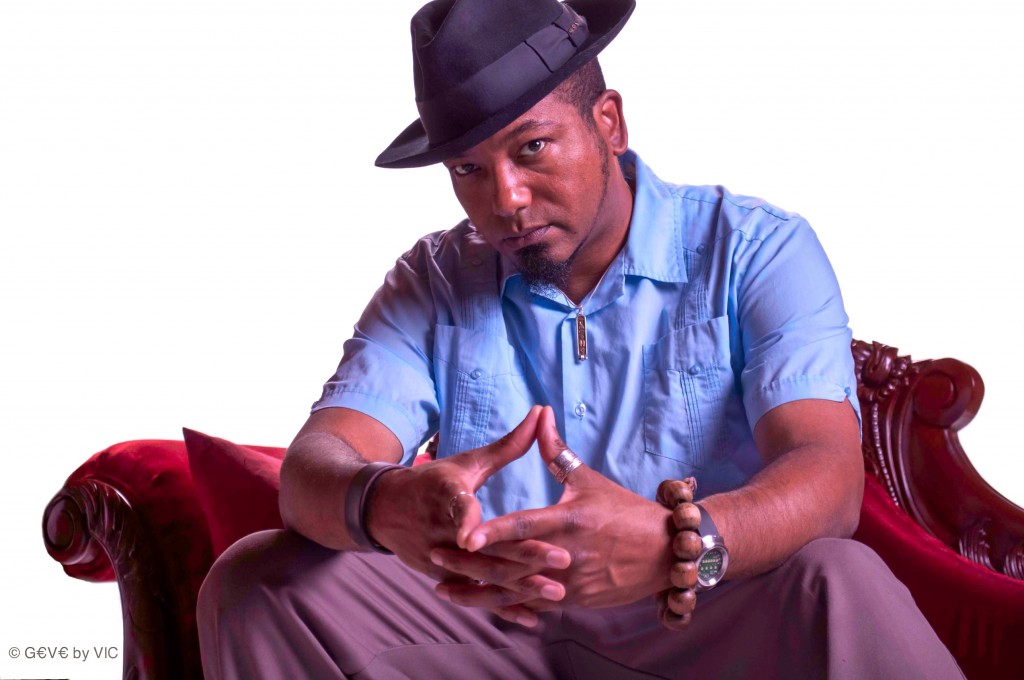
Meet Damien, my Facebook friend, photographer, and IT guy.
This morning, he messages me: “I would like to make an appointment.”
I reply: “For?”
“High blood pressure :(.”
I offer to see him, but he never comes in. Weeks later, he writes, “I got busy Pam. How are you? High blood pressure pills keep making me sick. I am doing the best I can. On bad days it is like 208/118.”
Friends don’t let Facebook friends die. And 208/118 is incompatible with life. I’m a family doc–a sleuth. It’s my job to spy on people. On Damien’s page, I find a dozen photos of lynchings–his reaction to today’s Trayvon Martin verdict. A black boy murdered in a land where killers roam free. Trayvon died a senseless death, but Damien shouldn’t have to. I suspect today is a bad day for Damien’s arteries. So I call him up. “I’m worried about you, man. I’m coming over to check on you tonight.” An hour later, I’m in his living room.
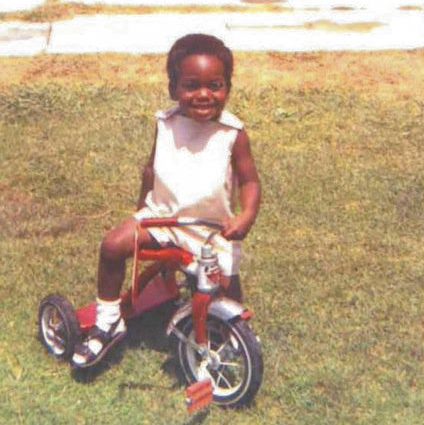 Damien didn’t always have hypertension. As a child, he loved music, dancing, and cruising around the neighborhood on his red tricycle. He was peaceful, happy–until the day he saw two dark men on the hood of a police car. “The police were beating the crap out of them. I asked my dad why. He said, ‘Son, this is the way things are. You’re gonna have to get used to it.'”
Damien didn’t always have hypertension. As a child, he loved music, dancing, and cruising around the neighborhood on his red tricycle. He was peaceful, happy–until the day he saw two dark men on the hood of a police car. “The police were beating the crap out of them. I asked my dad why. He said, ‘Son, this is the way things are. You’re gonna have to get used to it.'”
I ask Damien about his family.
“There’s high blood pressure on both sides of my family. Mom was diagnosed at 13. I’m of Jamaican, African, and Native American descent. I didn’t know much about my ancestors until recently,” he explains.
 “In junior high, I was taught my people were slaves. After class, I asked my history teacher if Native Americans and Africans were anything more than just slaves. Did they do anything great? It was an innocent question. I was curious. Genuinely concerned, my teacher put his hand on my shoulder and said, ‘Damien, it’s unfortunate, but it’s true that white people are superior to black people and Indians. The only hope for your people to get out of the situation they are in is to get an education and buy property.'” Damien was shocked. He explains, “We are taught that we’re a slave race. It’s a psychological weapon. No doubt about it. The message I received in school: You guys are slaves. We kicked your ass. And here’s all the great things we’ve accomplished as a result. That’s American history.”
“In junior high, I was taught my people were slaves. After class, I asked my history teacher if Native Americans and Africans were anything more than just slaves. Did they do anything great? It was an innocent question. I was curious. Genuinely concerned, my teacher put his hand on my shoulder and said, ‘Damien, it’s unfortunate, but it’s true that white people are superior to black people and Indians. The only hope for your people to get out of the situation they are in is to get an education and buy property.'” Damien was shocked. He explains, “We are taught that we’re a slave race. It’s a psychological weapon. No doubt about it. The message I received in school: You guys are slaves. We kicked your ass. And here’s all the great things we’ve accomplished as a result. That’s American history.”
“So how did you end up in Oregon?”
“Los Angeles is a dangerous place to be black. I’ve lost a lot of friends to violence. I’ve seen people get shot. I’ve watched them die. Back home, when a black man calls for help, police show up to harass him. I’ve been denied jobs, even hotel rooms, because I am black. Back home, I always dress nice. Yet a white woman will look at me with a frightened expression, grab her purse, and move away from me like I’m going to mug her. I am a friendly guy. I’m here because I got sick of being shut down.”
“Mind if I check your blood pressure?” Damien sits on the sofa, takes a deep breath, and offers me his right arm. “Wow. It’s 150/89–better than I thought. Let’s check the other side”
Suddenly, there’s a knock on the window. A flashlight shines into his living room. Before I understand what’s happening, Damien’s hands are up in the air. A police officer tells him to come outside. We learn that the cop is searching for a lady who’s driving recklessly through the neighborhood.
I’m relieved that nobody is hurt, but Damien is agitated. He’s pacing. His post-police blood pressure: 205/109.
He sits down. He stands up. He sits down. I check him again: 189/105.
He stands up. He calls his daughter. “Hey sweetie, I need you to get down if you hear anything. I love you.” She’s visiting his mom in L.A., where drive-by shootings are the norm. “My mom jumps in the bathtub when she hears gunshots,” he tells me.
I recheck his blood pressure: 167/98.
“Hey Damien, can you tell me what medicine your doctor has you on?”
“I’ve been on so many pills. Most recently Lisinopril. But my pressure went up. My heart was racing. I got anxiety. Doctors have been giving me experimental drugs for years. White men’s medicine doesn’t work for me.”
Maybe taking white men’s medicine–drugs developed by one’s oppressors–raises blood pressure. I never thought about that before, but it makes sense now. Could be the anti-placebo effect.
“Why don’t you lay down, relax? I’ll make you some tea.”
In Damien’s cupboard, I find hibiscus. “Hey, do you know hibiscus is native to Jamaica? It even has blood pressure lowering effects.”
As he sips his tea, I help Damien understand what’s going on. “Emotional distress clamps down your arteries and causes you to retain sodium. When you raise your blood pressure, you are beating yourself up inside–punching your heart, brain, kidneys with each heartbeat. Try to let go of your fear and anger, Damien. Don’t internalize the racial oppression, man. Please . . .” I lead him through a meditation to release his inner torment. Thirty minutes later, my friend’s blood pressure is 136/72.
People with hypertension die prematurely of heart disease, stroke, kidney failure. I think I know why Damien developed such high blood pressure. I consult Harrison’s Textbook of Internal Medicine and confirm the sad statistics: urban blacks have twice the prevalence of hypertension as whites and more than four times the hypertension-induced illnesses. A chart lists risk factors for bad outcomes in hypertensives. The top three: black race, youth, male sex.
Maybe Damien is carrying the pain of his ancestors who were kidnapped, shackled, brought here against their will. Maybe his arteries clamp down when he sees cops because so many of his friends were harassed, rather than protected, by them. Maybe his body is responding normally to the daily stress of being a black man in America.
Damien’s is 45. Since his early 30s, doctors have diagnosed him with essential hypertension, a form of high blood pressure for which no cause can be identified. Essential hypertension is a cop-out, a trashcan diagnosis. Why? The majority (95%) of hypertensives are dumped into this category. We tell them to lose weight, stop smoking, avoid salt. But Damien isn’t obese. He doesn’t smoke cigarettes. He rarely drinks alcohol. He eats mostly lentils and rice. The guy drinks lemon water.
“Essential” means absolutely necessary, vitally important. To treat essential hypertension, it’s absolutely necessary and vitally important to understand why a human being would develop blood pressure incompatible with human life. For Damien, the “unidentified” cause is racism.
“Unimportant” is the opposite of “essential.” To be satisfied with the diagnosis of essential hypertension is to declare the real cause unimportant–and that’s exactly how racism makes people feel.
 Pamela Wible, M.D., is a family physician in Eugene, Oregon. She is author of Pet Goats & Pap Smears: 101 Medical Adventures to Open Your Heart & Mind and the founder of the first community-designed ideal medical clinic in America. Contact her at idealmedicalcare.org. Photos courtesy of GeVe.
Pamela Wible, M.D., is a family physician in Eugene, Oregon. She is author of Pet Goats & Pap Smears: 101 Medical Adventures to Open Your Heart & Mind and the founder of the first community-designed ideal medical clinic in America. Contact her at idealmedicalcare.org. Photos courtesy of GeVe.

